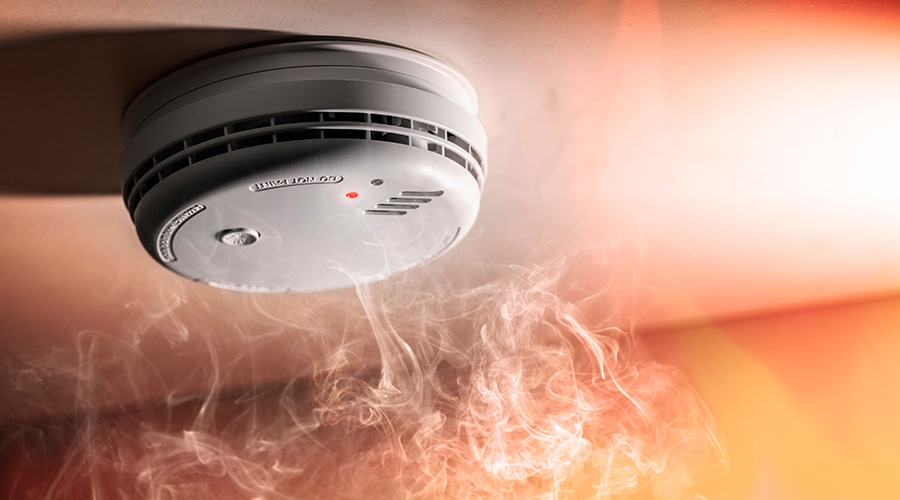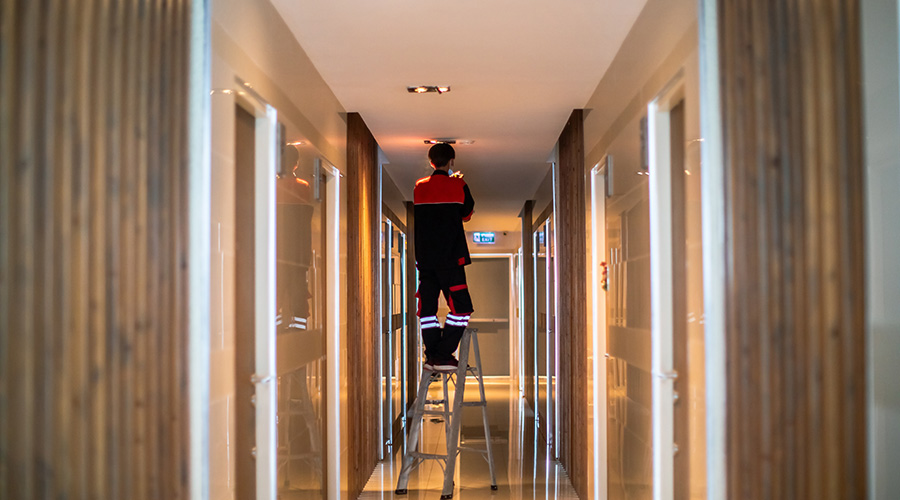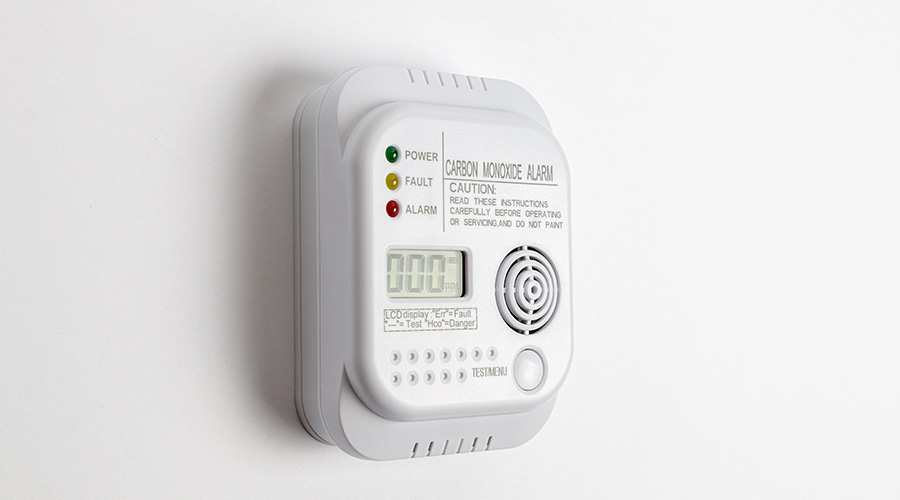Fraternity Fire Kills One; Third Campus Death in Two Weeks
An early morning fire on Nov. 29 in the Pi Kappa Alpha fraternity at the University of Missouri-St. Louis killed a 25-year-old senior. This fire death comes less than two weeks after two other campus fire deaths across the nation.
An early morning fire on Nov. 29 in the Pi Kappa Alpha fraternity at the University of Missouri-St. Louis killed a 25-year-old senior. This fire death comes less than two weeks after two other campus fire deaths across the nation.
On Nov. 16, a student was killed in a fraternity fire at Nebraska Wesleyan University in Lincoln, Nebraska. On the same day, a student at the University of Pittsburgh in Pennsylvania succumbed to injuries he received in an off-campus fire on Nov. 4.
Nationwide, 92 people have been killed in campus-related fires since January 2000, as identified by the Center for Campus Fire Safety, a non-profit organization that compiles information on these fires. Almost 80 percent of the fire fatalities have occurred in off-campus occupancies, such as rented houses and apartments.
Common factors in a number of these fires include:
* a lack of automatic fire sprinklers
* disabled smoke alarms
* careless disposal of smoking materials
* alcohol consumption.
Recommended steps to prevent such fires include these:
* Choose fire-safe housing, either on- or off-campus, that includes automatic fire sprinklers.
* Make sure there are interconnected smoke alarms on every level, and ensure that they are working at all times. Always evacuate whenever the alarm is activated.
* Know two ways out of a building, whether it's a residence hall, a house or apartment, a restaurant, or a theater.
* If a smoke alarm is activated needlessly, such as by cooking or steam from a shower, relocate the alarm instead of disabling it.
* Properly dispose of smoking material by using ashtrays.
* After parties, check the cushions on couches and chairs to make sure there aren't any lit cigarettes smoldering.
* Properly use extension cords and electrical appliances.
More information on campus fire safety is available at
www.campusfire.org .
Related Topics:











